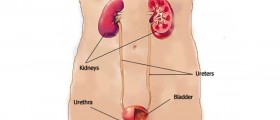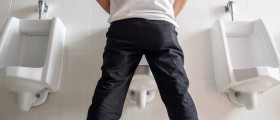What causes bladder retention??
Loading...
Hello. Here's a quick overview.
Bladder retention, also known as urinary retention, refers to the inability to completely empty the bladder. It can be acute (sudden onset) or chronic (long-term). There are multiple potential causes for bladder retention:
-
Obstruction of the Urethra: This can be due to:
- Benign Prostatic Hyperplasia (BPH): An enlarged prostate gland can press against the urethra, restricting the flow of urine. This is a common cause in older men.
- Urethral stricture: Narrowing of the urethra due to scar tissue, infections, or other causes.
- Urethral stones: Stones can sometimes form in the urethra, causing an obstruction.
- Pelvic tumors or masses: These can compress and obstruct the urinary tract.
- Cystocele or rectocele: In women, the bladder or rectum can bulge into the vagina, potentially causing obstruction.
-
Neurological Issues: The act of urination involves a complex interplay of nerves and muscles. Several neurological issues can interfere with this:
- Stroke or brain injury
- Spinal cord injury or diseases
- Multiple sclerosis
- Parkinson's disease
- Diabetic neuropathy
-
Medications: Certain medications can interfere with bladder function, including:
- Anticholinergics
- Antihistamines
- Decongestants
- Muscle relaxants
- Certain antidepressants
- Opioid analgesics
-
Bladder Muscle Weakness: Over time, especially with chronic urinary retention, the bladder muscle can lose its ability to contract efficiently.
-
Infections or Inflammation: Infections or inflammation can cause swelling and obstruction. Examples include urinary tract infections and prostatitis.
-
Trauma: Direct trauma to the bladder or pelvis, or surgeries in the pelvic region, can lead to urinary retention.
-
Constipation: Severe constipation can cause a physical obstruction, making it difficult for urine to flow naturally.
-
Other Causes: These can include blood clots in the bladder, pelvic organ prolapse in women, and certain other rare conditions.
Loading...
















